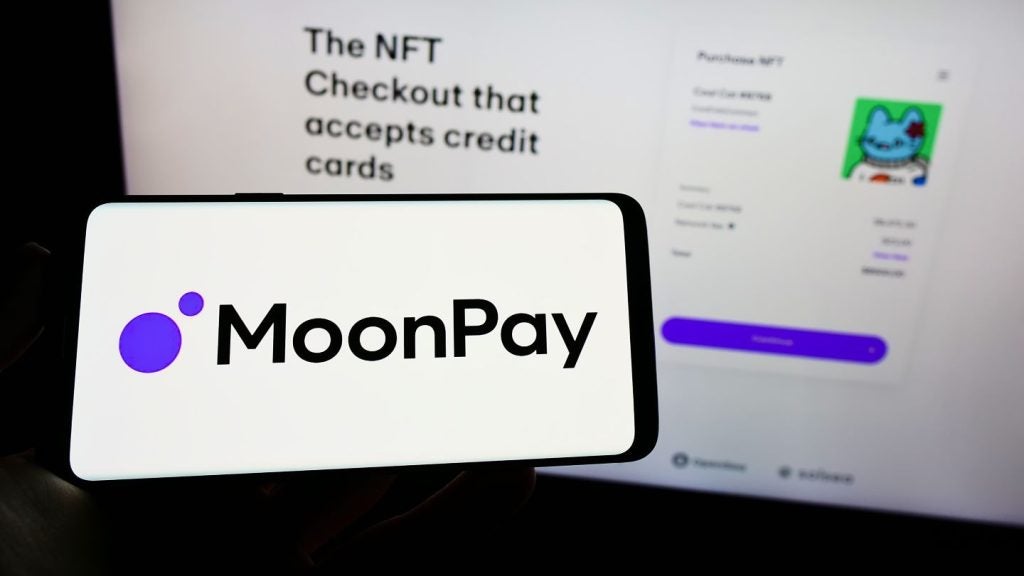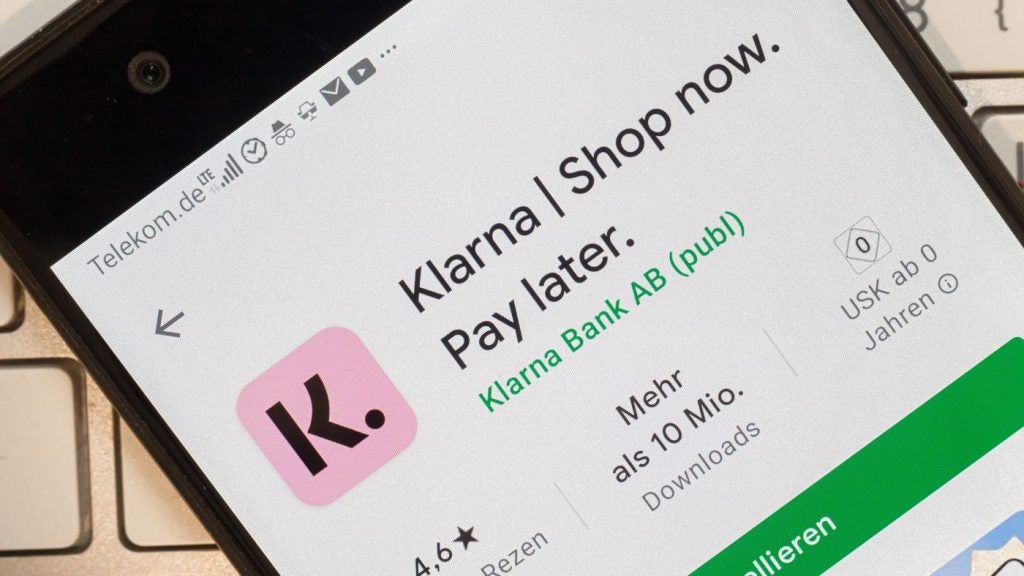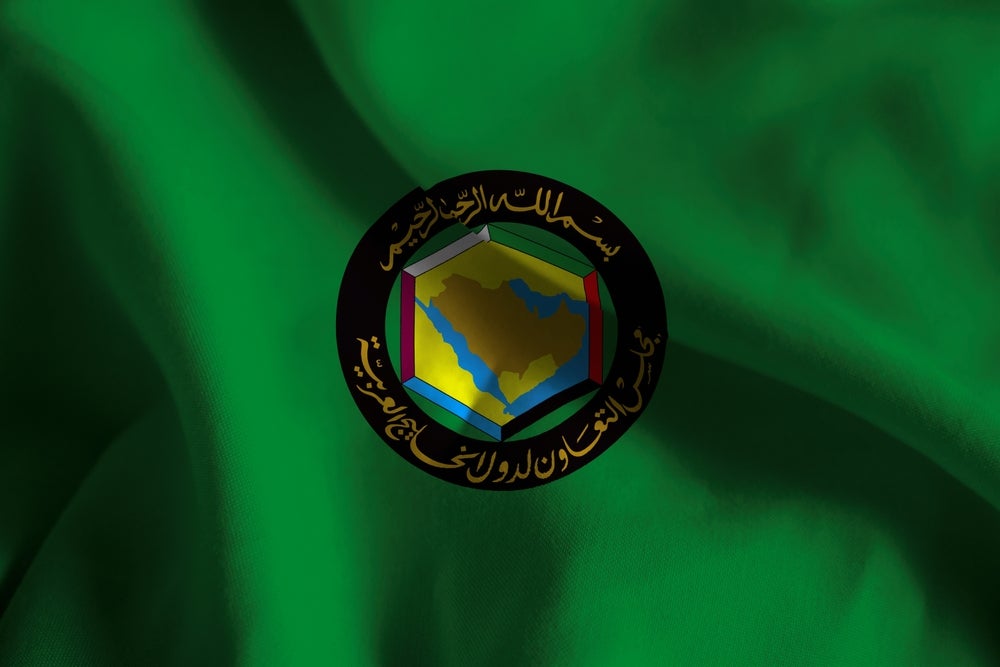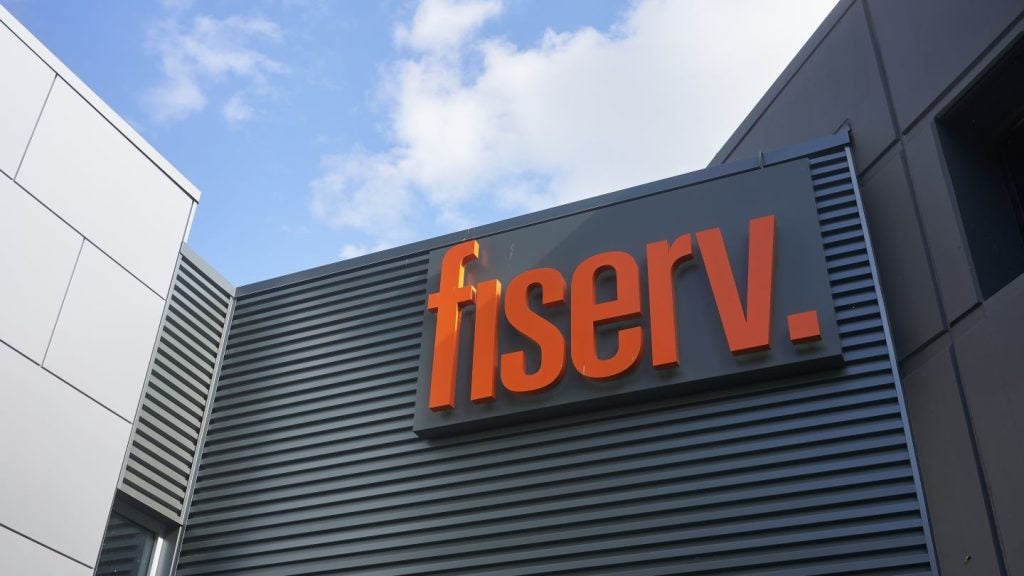It’s a modern kind of alchemy, and it represents
a big opportunity for prepaid cards. Online gaming is drawing huge
numbers of players ready to spend real money on virtual goods and
services, with prepaid cards as the payment mechanism. Charles
Davis reports.
It’s like another world, literally and
figuratively. Unbeknownst to most of us, a teeming mass of gamers
across the world is spending more and more time – and money – in
virtual worlds made possible through the latest in video games.
They’re called massively multiplayer online games (MMOGs) and they
are a hot – and virtually unexplored – segment of the payments
market.
support hundreds or thousands of players simultaneously. The games
are played on the web and feature at least one virtual world in
which players can interact globally.
gaming is a huge phenomenon. What is surprising is that gaming
crosses generational gaps with ease. In fact, online gaming is
actually the opiate of the middle-aged middle class, with average
household income hovering between $35,000 and $75,000, according to
Nielsen Interactive Entertainment’s third annual Active Gamer
Benchmark Study.
and gender trends in the video game space found that as of August,
about 117 million people in the US qualified as ‘active gamers’,
meaning they spend at least one hour per week on a gaming device,
up from 112 million last year. Of the active gamers, 56 percent
play games online, and 64 percent of those online players are
women, according to the study.
Massive stakes
The stakes for prepaid issuers are massive: IGE, an independent
online gaming services company, estimates players spent about $1
billion in real money last year on virtual goods and services at
all these games combined, and predicts that could rise to $1.5
billion this year. In January inside the virtual world Second Life
alone, people spent nearly $5 million in 4.2 million transactions
buying or selling clothes, buildings, and the like.
this market can become, the US convenience store giant 7-Eleven
recently signed a deal to become the first convenience retailer in
the US to offer the Nexon American Game Card, a new video game
prepaid card that allows players to personalise their online games,
according to the chain.
play, gamers can use the Nexon card to spend money on creating the
coolest avatar – a graphic or visual online identity – on certain
games within the Nexon MMOG MapleStory, a game that has over 2
million registered users in North America after less than a year.
Globally, there are 40 million registered users.
in-game items and accessories within the MapleStory, Audition and
upcoming KartRider games produced by Nexon, the US subsidiary of
Asia’s largest gaming company. The prepaid game cards are sold in
$10 and $25 denominations.
it seems too good to be true, yet games such as MapleStory are
rewriting the record books. Averaging 45,000 new registered users a
week in the US alone, the award-winning game is known for its
robust community and the ability to personalise game characters in
endless combinations. Filled with vibrant backgrounds and charming
characters, players interact with each other online through
chatting, trading and fun mini-games as well as participating in
exciting game play.
and now, we have one especially for ‘tweens and teens who are the
biggest fans of these online games,” Brad Haga, 7-Eleven senior
product director for business development and services, said in a
statement. “They’re perfect for young people on a budget.”
technology provider InComm to develop the game cards to be sold at
7-Eleven stores.
important first for a convenience chain and MMO publisher,” said
John H Chi, president and CEO of Nexon America. “Many of Nexon’s
customers are teenagers without access to credit cards. Now, they
will have a more convenient option for getting cards.”
players can buy in-game items. The game brings in about $16 million
per month, according to Nexon, which reported that the company’s
revenues hit $230 million in 2005 with net profits of $75 million,
driven by in-game item sales. There is no charge to download or
play the base MapleStory game, but players can buy new content to
enhance the experience.
the US will be as successful as they’ve been in Korea is the great
question. Fraud is a very real issue, and one that the gaming
industry will struggle to overcome. Prepaid cards address that
issue nicely, as well as targeting youthful gamers with no credit
cards in their pockets.
How well do you really know your competitors?
Access the most comprehensive Company Profiles on the market, powered by GlobalData. Save hours of research. Gain competitive edge.

Thank you!
Your download email will arrive shortly
Not ready to buy yet? Download a free sample
We are confident about the unique quality of our Company Profiles. However, we want you to make the most beneficial decision for your business, so we offer a free sample that you can download by submitting the below form
By GlobalDataAdvertising relationship
Advertising is also an important component of the free-to-play
model. Coca-Cola had a deal with Nexon in which the game maker made
Coke-branded items and the like, while Coke put MapleStory on soft
drink cans in Korea.
send its millions of MapleStory players to the virtual markets with
themed quests that will promote both the retailers and the
availability of Nexon Game Cards in the stores. The special quests
will prompt users to complete various tasks and visit any of these
chains to earn their own virtual Nexon Game Card, which will
provide Maple Points, the in-game currency of MapleStory.
it makes sense for 7-Eleven to become a part of popular virtual
worlds, such as MapleStory,” said Haga.







